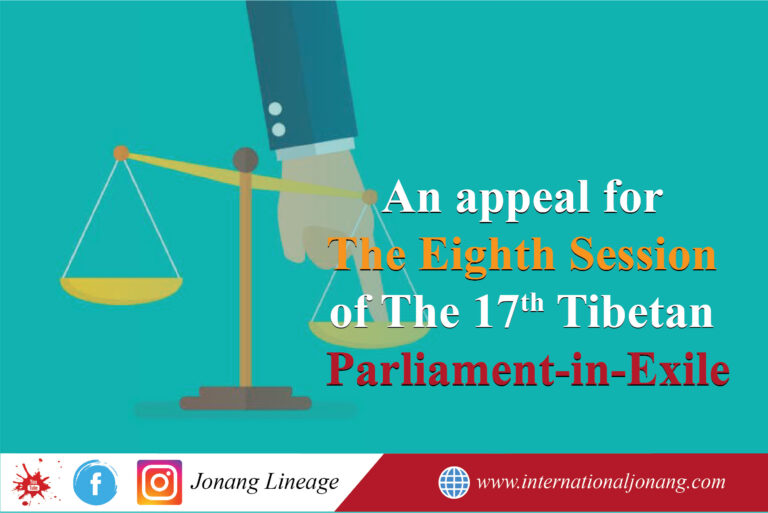Mountain Doctrine
Eighteenth Those aggregates, constituents, and so forth-primordially devoid of obstruction, un differentiable, of equal taste, endowed with all noumenal aspects-are other than, supreme to, and transcendent over external and internal conventional aggregates, constituents, and so forth. other-emptiness means empty of the conventional, which themselves are empty of their own entities. However, it seems to me that conventional and noumenal aggregates, for instance, are not totally unrelated in that when the obstructions of afflictive conventionalities are removed, the noumenal versions are revealed. Why the conventional are called “other” can be seen from Döl-bo-ba’s description of the difference between defilements and the basis of purification. The defilements to be purified and the basis of purification are different, and those also not just different isolates since they differ by way of an extremely great number of differences: because there is the difference of fabricated adventitious and natural fundamental and because there is the difference of conventional and ultimate and because there is the difference of phenomenon and noumenon and because there is the difference of extreme and centre and because there is the difference of other-arisen and selfarisen and because there is the difference of imputational other powered and noumenal thoroughly established and because there is the difference of consciousness and element of attributes and because there is the difference of mundane and supramundane and because there is the difference of suffering and bliss and because there is the difference of contaminated and uncontaminated and because there is the difference of incomplete and complete qualities of the body of attributes and because there is the difference of destructible and indestructible. and because there is the difference of destructible and indestructible. Based on the two purities, the otherness of the conventional and the ultimate is pronounced.

